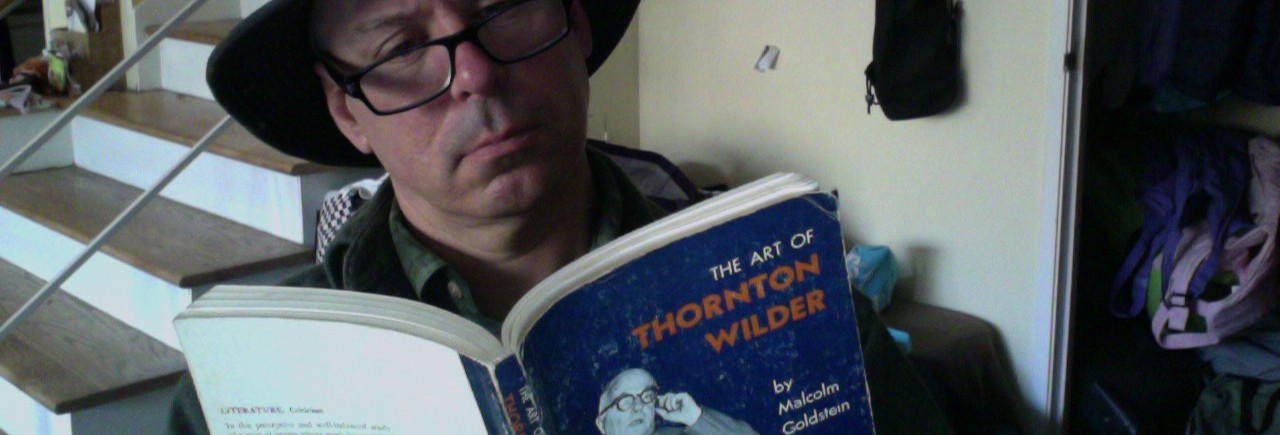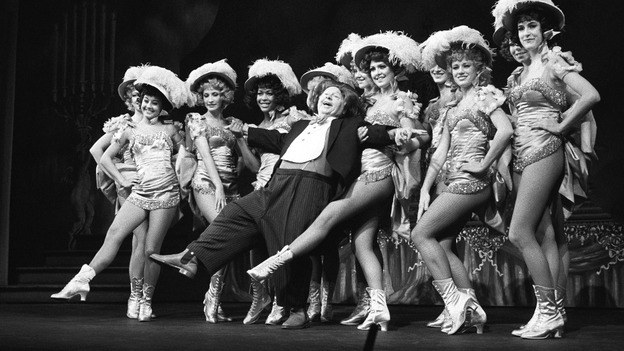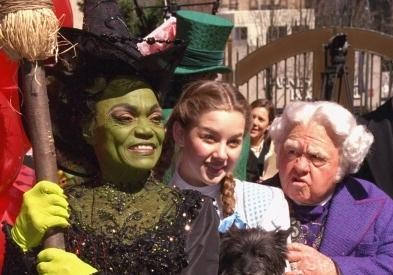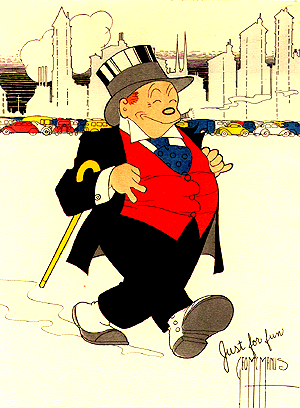I’ve got some memories of seeing Mickey Rooney onstage, but will start with one that’s not even mine.
Lewis Stadlen Jr. toured with Mickey Rooney in The Sunshine Boys. Mickey Rooney and Donald O’Connor played the title roles. Stadlen played Ben Clark, the nephew and agent of Rooney’s character. It’s a role Stadlen had originated in the the first Broadway production of the play, years earlier, so he had standards. In his extraordinary memoir, Acting Foolish, Stadlen tells several anecdotes about Rooney. But none of them match the way he told me, over lunch back in the early ‘90s, about how Mickey Rooney never learned his lines. He’d apparently just saunter up to Stadlen onstage, spread his arms grandly the way one does when greeting a friend or beginning an oration, grin broadly—and wait for Stadlen to figure out a way to feed him his next line. The way Stadlen described this, the way he imitated Rooney’s sucker punch of an entrance, makes me laugh out loud as I write this.
My other Mickey Rooney story is more endearing. He was in a national tour of The Wizard of Oz. It played the Oakdale in Wallingford in 1999. Joanne Worley was the Wicked Witch of the West. Mickey Rooney was the wizard, which means he was also the snake-oil salesman in Kansas early on in the show.
The lights went up on his first scene, and there’s Mickey Rooney, sitting by a campfire. The crowd cheered, the way crowds cheer when they recognize a big star. Mickey Rooney responded with a big smile, which only increased the cheering. Then he did one of those “take it down a notch” gestures with his hands. The expression on his face said, in the sweetest and warmest possible way, “Thanks for applauding. I know you just had to, because I’m Mickey Rooney. But I’m going to be acting for a bit now, so you might want to be a little quieter.” It was one of the most remarkable handlings I’ve ever seen of that very common theater phenomenon. I remember that gesture more than anything else Mickey Rooney said or did in that entire show.
I saw Mickey Rooney in two other shows. One was the greatest triumph of his stage career. The other was an abomination.
Sugar Babies was tailor-made to Mickey Rooney’s comic gifts. Remember, this was a burlesque show, not a harmless vaudeville or variety show. The star’s amiability made all the sexist smarm more palatable. He carried whole sections of that show on personal charm alone. I’ve seen Sugar Babies a few times in dinner theaters and community theaters with very receptive audiences and skilled rubber-chicken comedians, but have never seen anyone come close to Mickey Rooney. He singlehandedly resuscitated a genre.
Following his Sugar Babies success, Rooney starred in an egregious revival of A Funny Thing Happened on the Way to the Forum in 1987. The theory apparently was that here was another burlesque-inspired show that Mickey Rooney could run around in. But it’s a much more tightly calibrated evening than Sugar Babies. Imagine anyone being allowed to butcher, or outright forget, Sondheim lyrics. I’ve tried to put this ordeal out of my mind, and mostly remember it for a little journalistic scandal it caused when it played Boston. The Boston Globe’s theater critic, Kevin Kelly (one of the best critics that paper ever had) rightfully savaged the show, only to have his opinion undercut and overturned with an unsigned rave “review” in the paper’s Op-Ed section. Kelly’s critical brethren were livid on his behalf. The Boston Phoenix’s media column sounded off on the imbroglio. The Op-Ed powers were ultimately chastened. The show received middling to poor reviews wherever it played. The trade journal Variety put it beautifully: “What is wrong with this production (and this will make no difference to Rooney fans) is that there are two shows on stage. One is the musical, Forum, and the other is Mr. Rooney. The show and the star have apparently never been introduced.”
It’s sad that Mickey Rooney never got to perform in a long-gestating stage show that was being styled exclusively for him, in a role he could have nailed without having to memorize a single line: Jiggs, the nouveau-riche Irishman of the popular comic strips Bringing Up Father. Rooney’s father Joe Yule had played Jiggs in a series of film shorts in the late 1940s. Rooney (who was born Joe Yule Jr.) was often reported to preparing for the role, with either Martha Raye or Cloris Leachman as Jiggs’ wife Maggie. He mentioned it in interviews and on talk shows. I can find no reference, however, for who was actually writing the book and music for this show. In any case, the Bringing Up Father comic strip was originally inspired by a musical called Rising Generation, penned in the 1890s by William Gill, and the strip was subsequently turned into a musical in 1925. It seemed a natural.
Mickey Rooney found plenty of other things to do—TV series, movie cameos, cabaret acts. He was made to entertain. That big gushing face was his fortune, for a career that began when he was a toddler and lasted until his death yesterday at age 93.
My children are fans, and know Rooney from his appearances in the Night at the Museum movies and the 2011 Muppet Movie. When I tried to interest them in his Andy Hardy stuff, they were unamused. “We like old Mickey Rooney,” they learned to say, “not young Mickey Rooney.” No problem. There was plenty of Mickey Rooney for everybody.




Permalink
Beautiful and accurate. I saw the dreaded “Forum” (in the round, where he loudly chatted with audience members during scenes he wasn’t a part of) and, much later, a charming concert he performed with his wife. Now must seek out the Stadlen bio…
Thanks,
Lou Harry
http://www.ibj.com/arts